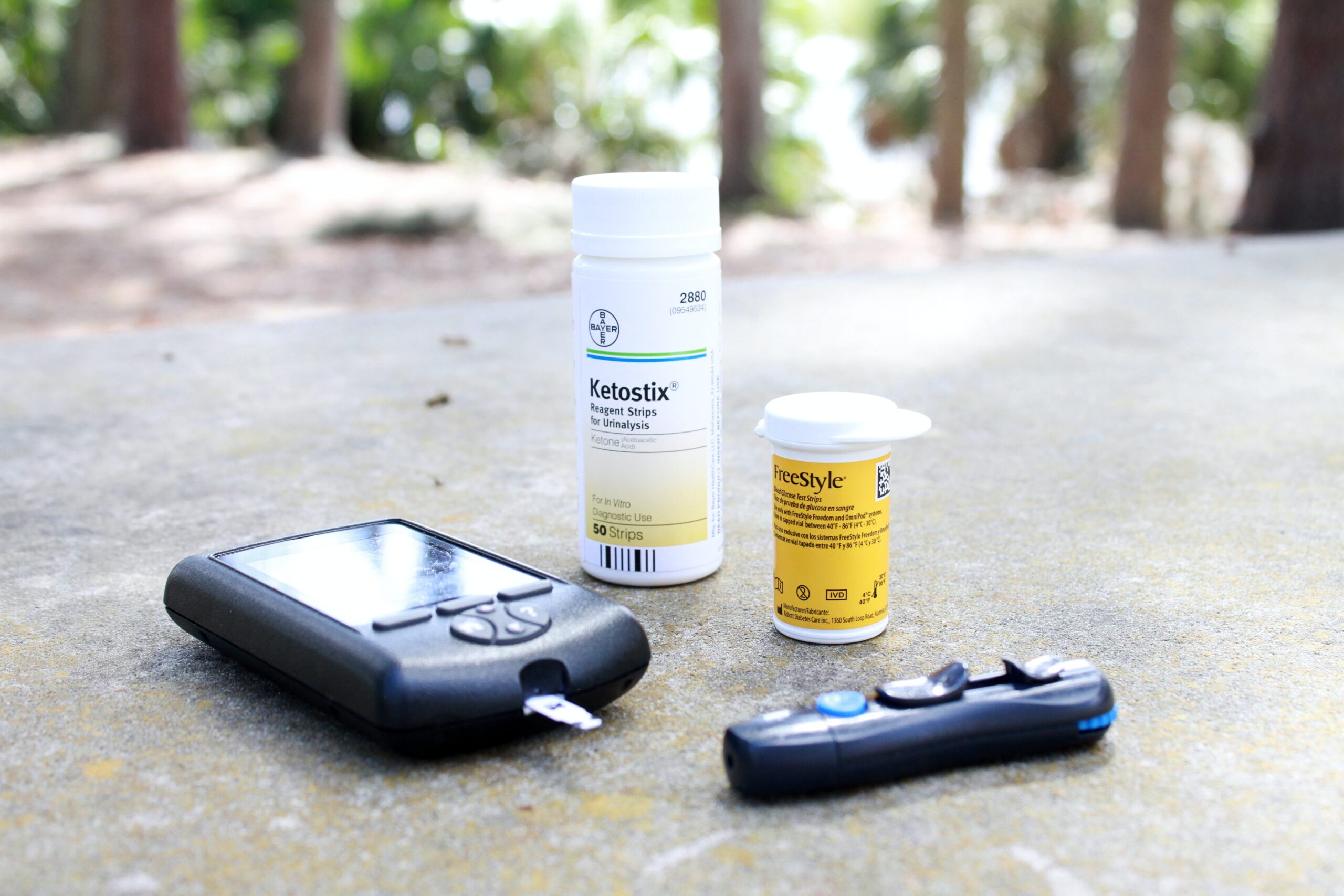Iron Supplements and Anemia Prevention in Africa

Anemia is one of the most widespread health challenges in Africa, particularly among women and children. According to the World Health Organization (WHO), more than 40% of pregnant women and children under five in sub-Saharan Africa are anemic. The leading cause is iron deficiency, which results from poor diet, blood loss, or increased nutritional demands. Iron supplements, alongside improved nutrition, play a vital role in preventing and treating anemia. This article explores the causes of anemia, the role of iron supplements, and practical solutions for Africa.
What Is Anemia?
Anemia occurs when the body does not have enough healthy red blood cells to carry oxygen effectively. Symptoms include fatigue, weakness, pale skin, shortness of breath, and dizziness. If untreated, anemia can cause complications like poor cognitive development in children, increased maternal mortality, and reduced productivity in adults.
Why Iron Deficiency Is Common in Africa
Several factors contribute to the high rates of iron deficiency anemia in Africa:
-
Poor Dietary Intake: Many African diets are low in iron-rich foods like red meat, fish, and green leafy vegetables.
-
High Infection Burden: Diseases like malaria, hookworm, and schistosomiasis cause blood loss, worsening anemia.
-
Maternal Health Issues: Pregnant women have increased iron requirements, but many do not get adequate supplementation.
-
Poverty and Food Insecurity: Limited access to balanced meals makes it difficult for families to meet their iron needs.
The Role of Iron Supplements in Anemia Prevention
Iron supplements are one of the most effective tools in combating anemia. Their benefits include:
-
Boosting Hemoglobin Production: Supplements help restore iron levels, ensuring enough red blood cells are produced.
-
Improving Energy and Productivity: Adequate iron reduces fatigue and increases work performance.
-
Supporting Child Growth: Iron is essential for brain development, making supplementation crucial for children.
-
Reducing Maternal and Infant Mortality: Pregnant women who take iron supplements lower their risk of complications.
Best Sources of Iron Supplements
There are different forms of iron supplements available in Africa:
-
Ferrous Sulfate: The most common and affordable type.
-
Ferrous Gluconate & Ferrous Fumarate: Easier on the stomach for some people.
-
Liquid Iron Supplements: Suitable for children and those who struggle with tablets.
Supplements are often combined with folic acid and vitamin C to improve absorption and effectiveness.
Recommended Dosage
-
Children (6–59 months): 10–12.5 mg of iron daily.
-
Pregnant Women: 30–60 mg of iron daily, plus folic acid.
-
Non-Pregnant Adults: Around 18 mg daily for women and 8 mg for men, depending on diet and health status.
It is essential to follow medical advice, as too much iron can cause side effects like constipation, nausea, or, in rare cases, iron overload.
Practical Solutions for Africa
While supplements are effective, a holistic approach is needed:
-
Mass Supplementation Programs: Governments and NGOs should provide free or affordable iron supplements, especially for women and children.
-
Food Fortification: Staple foods like flour, salt, and cereals can be fortified with iron.
-
Health Education: Communities should be taught the importance of iron-rich diets, including beans, spinach, liver, and fish.
-
Disease Control: Preventing malaria and worm infestations will reduce anemia prevalence.
-
Accessible Healthcare: Clinics and pharmacies must ensure consistent supply and proper counseling on iron use.
Conclusion
Anemia remains a serious public health crisis in Africa, but it is preventable. Iron supplements are a proven, affordable solution that can save lives, enhance productivity, and support child development. When combined with better nutrition, food fortification, and disease control, they can significantly reduce anemia rates across the continent. For Africa to thrive, addressing iron deficiency must remain a top priority.
Written by Fawzi Rufai, Medically Reviewed by Sesan Kareem



